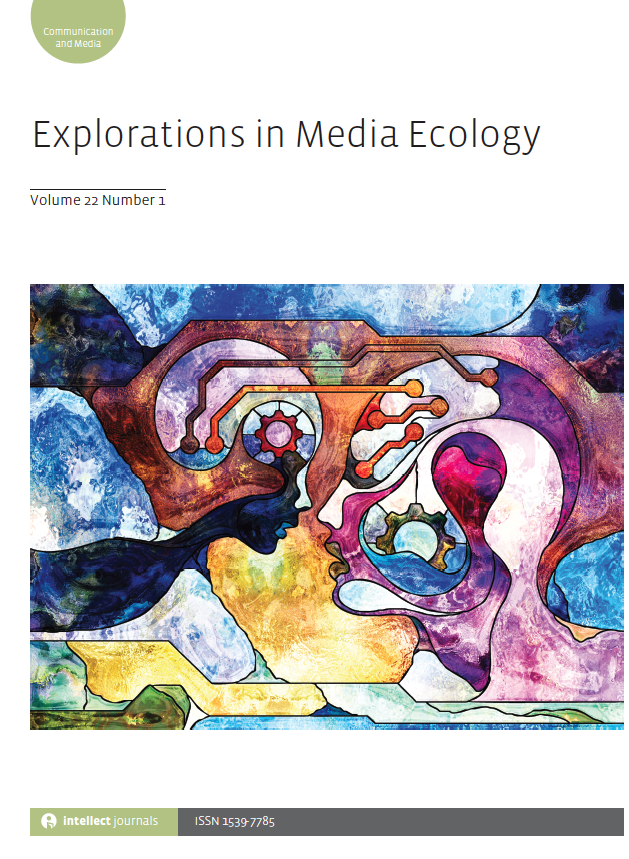
Full text loading...

This article highlights the utility of combining postphenomenology and media ecology to understand how experience is mediated in the context of location-based games. While both conceptual approaches are concerned with mediation, their analytical toolkits have different and complementary emphases. Postphenomenology is particularly well suited to examining the nature of human–media relations, while media ecology encourages us to apprehend these human–media relations in the context of complex entanglements of relations. This holistic approach is essential to understand how practitioners of location-based games experience the world. Such experience is influenced by many factors, including other entities that participants encounter in the landscape, other participants, the rules and roles of the game and locative media infrastructures. In this article, I explore the processes by which one location-based game, geocaching, mediates experience of the landscape. To do so, I draw primarily on a case study from the fieldwork conducted with geocachers in Melbourne, Australia.

Article metrics loading...

Full text loading...
References


Data & Media loading...

Publication Date:
https://doi.org/10.1386/eme_00131_1 Published content will be available immediately after check-out or when it is released in case of a pre-order. Please make sure to be logged in to see all available purchase options.